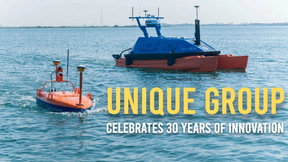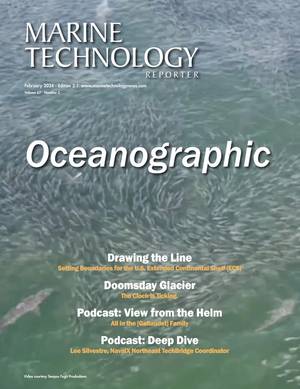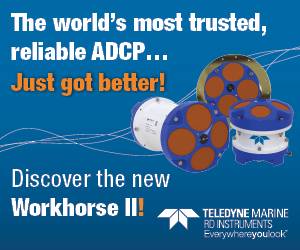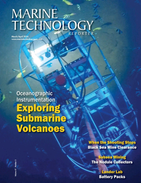R/V Meteor – German Research Ship off Brazil
The R/V Meteor research ship arrived in Fortaleza, Ceara, on Brazil’s Equatorial Margin last Friday, June 28th. The Meteor which has a complement of 30 scientists of different nationalities, including one Brazilian, left port on Monday as it begins another Atlantic crossing to Namibia in West Africa, where it is due to arrive on July 29th. Along the voyage the ship will be collecting samples and data from deep waters, to be analyzed by a multidisciplinary team of researchers, composed of chemists, biologists and physicists. The only Brazilian aboard is Marcio Pereira, a 63 year old professor of Oceanographic Physics from the Geophysics department of the Federal University of Rio Grande do Norte (UFRN), whose studies will be concentrated in variations of marine currents.
The research ships’ stop in Brazil was part of the Germany + Brasil 2013-2014 project. The ship had sailed from the port of Mindelo in the Cape Verde Islands where it was conducting oceanographic studies along the West African coast, including the use of AUV’s for data collection. The research programs started once the ship left the port of Mucuripe in Fortaleza. Once offshore the R/V Meteor began collecting data from equipment placed strategically, near the coast of Ceará. Once past the Northeast tip of Brazil, the ship will only stop to collect sediments in the high seas, these can be analyzed in the ship’s labs, which are equipped with state-of-the-art research equipment. This project is organized by the Oceanographic Institute of the University of Hamburg and it may lead to pinpointing changes that interfere with the food chain in the oceans, related to planktons and fish. Another point being studied is the effect of erosion, which is being frequently registered in the beach of Ceará.
The R/V Meteor is owned by the Federal Republic of Germany through the Ministry of Research and Technology (BMFT), which financed its construction. It is operated by the German Research Foundation (DFG), which provides about 70% of its operating funds (the BMFT supplies the remainder). DFG also plans the scientific cruises and appoints the chief scientists. The Operations Control Office of the University of Hamburg is responsible for management, logistics, execution and supervision of ship operations. These functions are exercised by direct cooperation with expedition coordinators and the managing owners, the Reedereigemeinschaft Forschungsschiffahrt GmbH, located in Bremen, Germany. The latter is responsible for hiring, provisioning, and coordinating ship maintenance. Used for ocean research, primarily in the Atlantic and Indian Oceans, the R/V Meteor routinely carries scientists from many different countries. The R/V Meteor was completed in 1986 in Travemunde, Germany.
The R/V Meteor has a 400 square meter interior space dedicated to laboratories and also has extensive reels which allow it to undertake various form of data collection using cables and strings that can reach 11 thousand meters, along with different sizes of cranes allowing it to deploy deep water sensors, AUVs and ROVs for oceanographic studies. The 30 scientists participating in this mission can work up to 24 hours a day in ideal conditions, due to the infrastructure offered by the ship, which has its own electrical energy plant, ecological waste processing plant, water desalinization plant, and biological water treatment station, making the ship environmentally friendly. The R/V Meteor runs projects in all oceans including the North and South Atlantic with their polar seas. We will be looking at some recent projects and follow the R/V Meteor’s research voyages.









































 February 2024
February 2024



